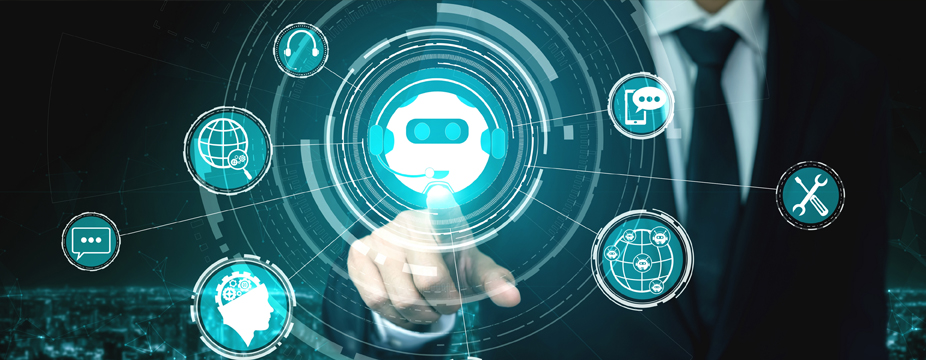|
Getting your Trinity Audio player ready...
|
AI integrated Assistive technology is expected to generate $26 billion by 2024. According to the statistics published by the world bank, all around the world, there are 1 billion people who suffer from some kind of disability and every individual uses at least two types of assistive tech available today.
The history of assistive tech strengthened with time. In the healthcare domain, this technology made its prominence. And led to new advancements with the integration of Artificial Intelligence, particularly helping healthcare providers in offering advanced services that are surpassing the traditional practices used to cure disabled and mentally challenged patients.
The importance of AI is widening the scope of leveraging its applications in every sector to conquer tough challenges. It remains the same for the healthcare domain, too. Healthcare is one of the prominent sectors, and today by leveraging advanced technology like artificial intelligence and other data science technologies, it is raising the bar in providing better patient outcomes.
The innovations within the assistive technology arena are advancing by adapting AI at its core. And it is helping in using this technology at home and office environments friendlier and more tranquil. Here are the few assistive tech applications that are paving the cornerstone of the future.
Assistive Technology Using AI
Apart from being a helping hand, assistive technology adapted with AI, material engineering, and robotics has a set of groundbreaking examples that help the physically disabled and mentally abnormal, challenged, and disabled.
Smart Glasses:
Smart glasses are still in the developing stage and are expected to hit the global markets in 2020. Smart glasses are integrated with augmented and virtual reality contrast lenses that aim at helping people in using them as an alternative to spectacles or contact lenses.
With an ability to converge and diverge the light rays, these glasses help individuals to focus at a particular point of center. At the University of Oxford, both neuroscientists and computer vision panelists are working on this technology to make it the best of its kind.
Cognitive Hearing Aids:
Hearing aids are there on the market for a long time. But cognitive hearing aids are fantasized wearable accessorize for everyone. Apart from helping an individual with hearing, these advanced intelligent hearing aids can tune in with brain waves to identify what an individual wants to hear at a particular time based on their mood swings.
The ability to read the human mind and act according to it; is what makes it unique. This means if multiple people are speaking at a time or other kinds of voice dominating, the device can track and tune the user’s brain and mute all other kinds of noise except what exactly the user wants to listen to.
Sign To Text:
Sign language is mainly practiced by people with disability to hear. However, everyone is not good at communicating in this language, as many humans around the globe aren’t aware of half of the signs used to communicate. To help people with hearing impairment communicate effectively, companies around the world are delving into prototypes that can convert sign language into text or voice that can be understandable by the communicator and receiver.
The device is incorporated with a 3D camera to track, analyze, and interpret the signing gesture of a person to communicate it to others. The beta version of this device is already on the market, and it can interpret communication with 98% accuracy.
The integration of artificial intelligence, machine learning, and robotics is altering assistive technology at both personal and professional levels. The advancements of this technology are not only enabling the physically and mentally challenged to lead a normal life but also providing healthcare units with intelligent systems to optimize patient cures at the earliest. In the future date, the collaboration between human and machine intelligence can provide better healthcare outcomes.
If you need any help with idea validation, proof-of-concept, Data Science consulting, large-scale AI implementation, Big Data Engineering, or a creative solution for your Healthcare Data. You are at the right place.
Talk to our experts
